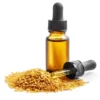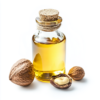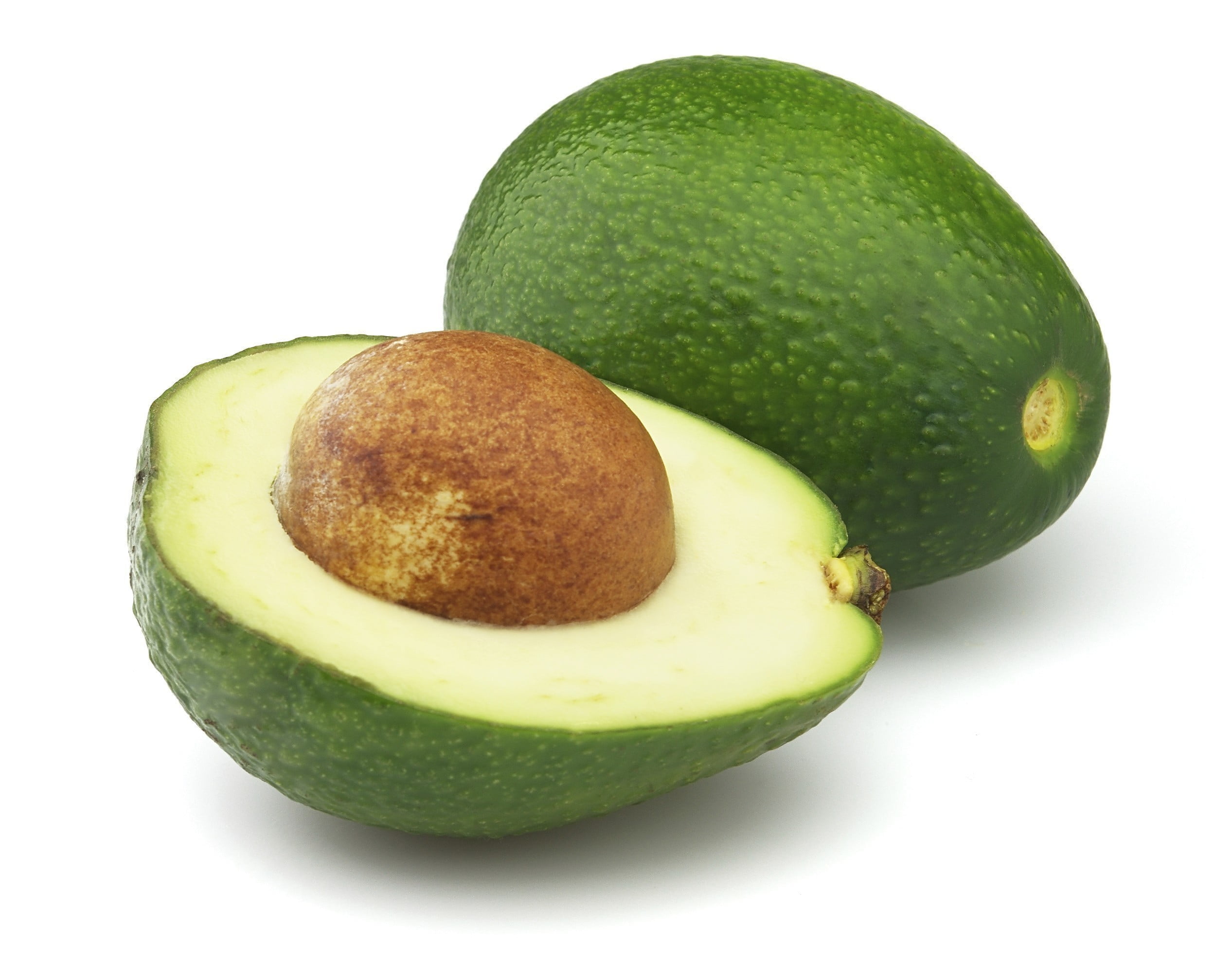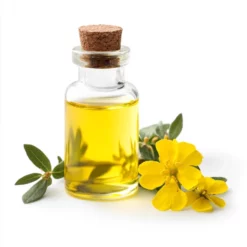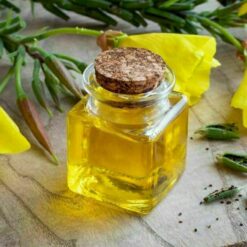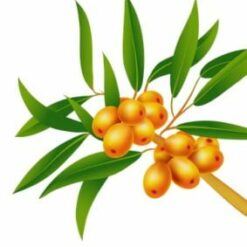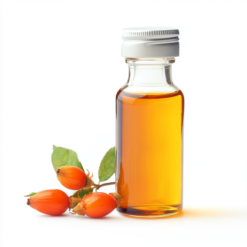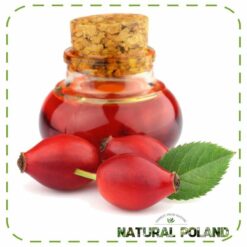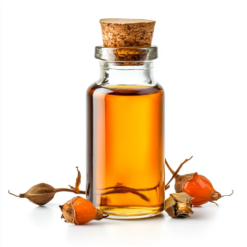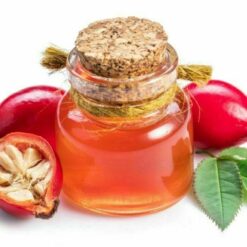Avocado oil is obtained from the flesh of this fruit.
It is pressed in such a way that the oil contains as many beneficial components as possible.
The oil is rich in unsaturated fats.
The largest part of them is oleic acid, which is used in the treatment of cardiovascular diseases.
The high content of good fats also improves the condition of the skin and hair, increases their hydration level and improves their appearance.
Avocado oil – properties and uses in cosmetics
Avocados are considered one of the healthiest fruits in the world.
However, its unique properties can be appreciated not only by consuming the fruit itself.
Avocado oil is used in cooking, natural medicine, as well as cosmetics.
Avocado oil – chemical composition
Unlike most vegetable oils, avocado oil is extracted not from the seeds, but from the flesh of the fruit.
It can be obtained both by cold-pressing (which allows to preserve the most health-promoting properties) and by refining with high temperatures, enzymes or organic solvents.
The composition of avocado oil includes numerous vitamins – Vitamin A, the B group (B1, B2, B3, B5, B6, B7), D, E, K and acting nutritionally, mineral salts.
Like any oil, it also contains valuable fatty acids.
These include saturated acids (palmitic acid, stearic acid), as well as omega-3, omega-6 and omega-9 acids, including oleic, linoleic, linolenic acid.
Also present in avocado oil are lecithin, phytosterols, proteins and squalane
.
FATTY ACIDS COMPOSITION
| ACID NAME | C-CHAIN | RANGE (%) |
|---|---|---|
| PALMITIC | C16:0 | 5.0 – 25.0 |
| PALMITOLEIC | C16:1 | 1.0 – 12.0 |
| STEARIC | C18:0 | ≤3.0 |
| OLEIC | C18:1 | 50.0 – 74.0 |
| LINOLEIC | C18:2 | 6.0 – 20.0 |
| LINOLENIC | C18:3 | < 3.0 |
Cosmetic properties of avocado oil
The abundance of biologically active components means that avocado oil is used not only in the food industry.
Although its cholesterol-lowering properties and beneficial effects on the cardiovascular system are primarily appreciated in the kitchen, avocado oil is also gaining popularity in cosmetics.
Thanks to its content of fatty acids, avocado oil strengthens the skin’s natural protective barrier, improves its elasticity, as well as soothes irritation and promotes epidermal regeneration. Other compounds present, including squalane, potent antioxidant tocopherols and beta-sitosterol, extend the cosmetic effects of avocado oil. Among other things, it exhibits antibacterial and antifungal properties, stimulates collagen production, softens and moisturizes the skin, and has a protective effect against harmful UV radiation.
Use of avocado oil in cosmetics
Thanks to its multidirectional action and wealth of active ingredients, avocado oil is widely used in cosmetics.
Avocado oil for the face
Cosmetics containing avocado oil are particularly recommended for facial care, including for people with mature, acne-prone, dry and irritated skin.
Not only does it moisturize the skin and soothe irritation, but thanks to its high antioxidant content it also exhibits anti-aging properties.
What’s more, avocado oil’s antimicrobial and anti-inflammatory properties make it an effective treatment aid for acne and skin ailments such as eczema, psoriasis and atopic dermatitis.
Avocado oil in body care
Products containing avocado oil can also be successfully used in daily care for the entire body.
In addition to its moisturizing and skin barrier-strengthening properties, its cleansing properties are also appreciated here – it can be an ingredient not only in body creams and butters, but also in shower gels.
As a gentle and rarely allergenic ingredient, it can be safely used in sensitive skin care, as well as by pregnant women.
Interestingly, recent clinical reports also indicate the potential of the unsaponifiable fraction of avocado oil in alleviating the symptoms of osteoarthritis.
Avocado oil for hair
However, avocado oil in cosmetics is not only for skin care products, but also for hair.
It can be included in shampoos, conditioners and hair masks.
In addition to its protective and moisturizing properties, avocado oil also has an anti-dandruff effect, gives hair shine and nourishes the scalp, and its light texture does not weigh hair down.
Literature
- Schafer N, Sobczyk M, Burczyk D et al.
Potential use of vegetable oils in acne skin care. Aesthetic Cosmetology and Medicine (2022), 2(11): 49-55. - Walewska E. Efficacy of using unsaponifiable fractions of avocado and soybean oil in osteoarthritis. Medicine Facts (2021), 2(51): 188-192.
- Możdżeń K, Barabasz-Krasny B, Szymacha K et al.
Plants used in cosmetic masks. Pol J Cosmetol(2016), 19(4): 372-379. - https://informatormasarski.pl/maszyny-i-technologie/moda-a-moze-koniecznosc-wykorzystanie-odpadow-w-przemysle-miesnym/


